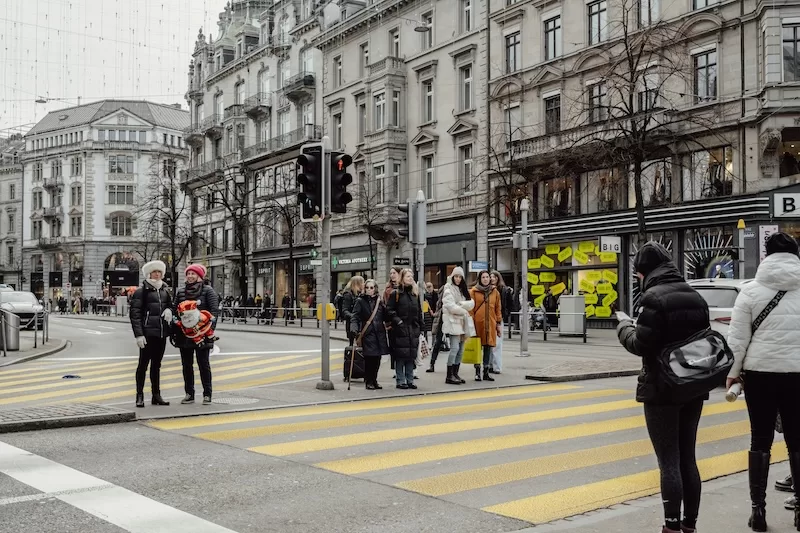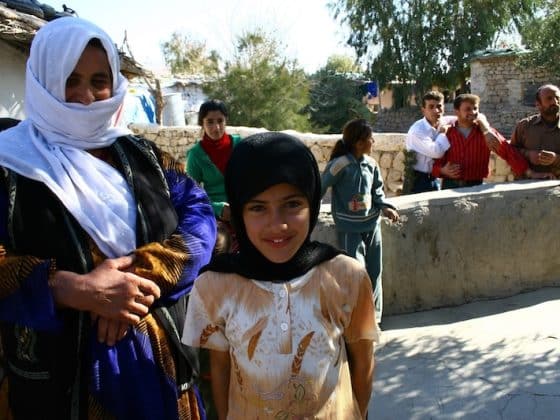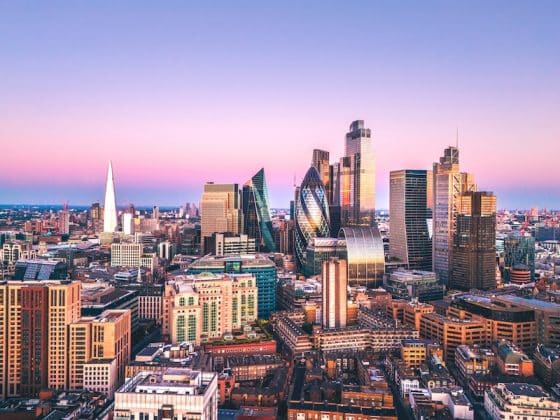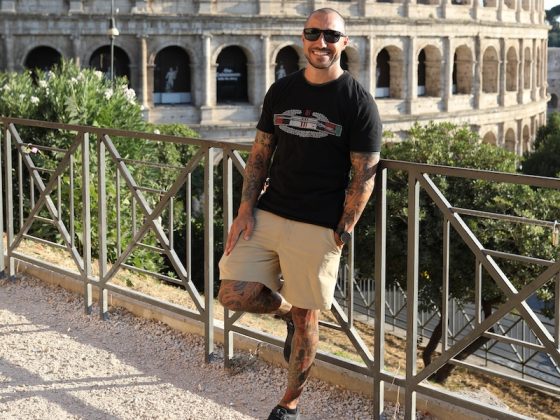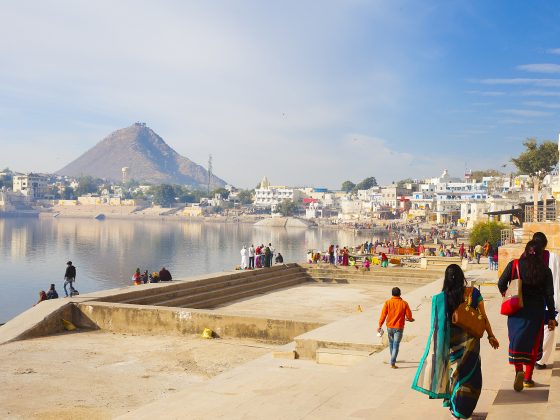When most people think of Zurich, they picture banks, watches, and meticulous order. But behind its global finance reputation lies a city quietly and consistently leading the world in quality-of-life metrics. In the 2025 Happy City Index, Zurich ranked second globally—just behind Copenhagen—for overall wellbeing. Unlike trend-driven wellness hubs, Zurich’s happiness stems from structural stability: robust governance, equitable healthcare, meticulous urban planning, and an ingrained culture of mutual trust.
Zurich is not a city that markets itself on exuberance. It doesn’t need to. Its happiness is functional, consistent, and deeply embedded in the way the city operates. There are few flashy promises here—only the long-term delivery of systems that work.
Zurich’s happiness stems from structural stability: robust governance, equitable healthcare, meticulous urban planning, and an ingrained culture of mutual trust.
What the Data Shows
Zurich’s success in global happiness rankings is backed by extensive empirical data. Several international indexes confirm that Zurich offers not just comfort, but measurable wellbeing.
Key Highlights from the 2025 Happy City Index:
- #2 globally for overall happiness
- #1 in financial security and personal safety
- #2 in healthcare access and quality
- Over 85% of Zurich residents report feeling “very satisfied” with their quality of life (City of Zurich Survey, 2024)
- Life expectancy: 83.7 years (compared to an OECD average of 80.3)
Additionally, Zurich has remained a consistent top contender in the Mercer Quality of Living Survey, ranking in the top five globally for over a decade. The OECD Better Life Index scores Zurich particularly high in income, education, work-life balance, and civic engagement—all essential pillars of a functioning urban ecosystem.
Compared to cities like London, New York, or even Berlin, Zurich residents experience less income inequality, higher perceived safety, and more efficient public services. These aren’t merely luxuries; they are the foundations of long-term civic contentment.
Read more like this: Retiring Abroad? Where Can You Actually Afford to Live?
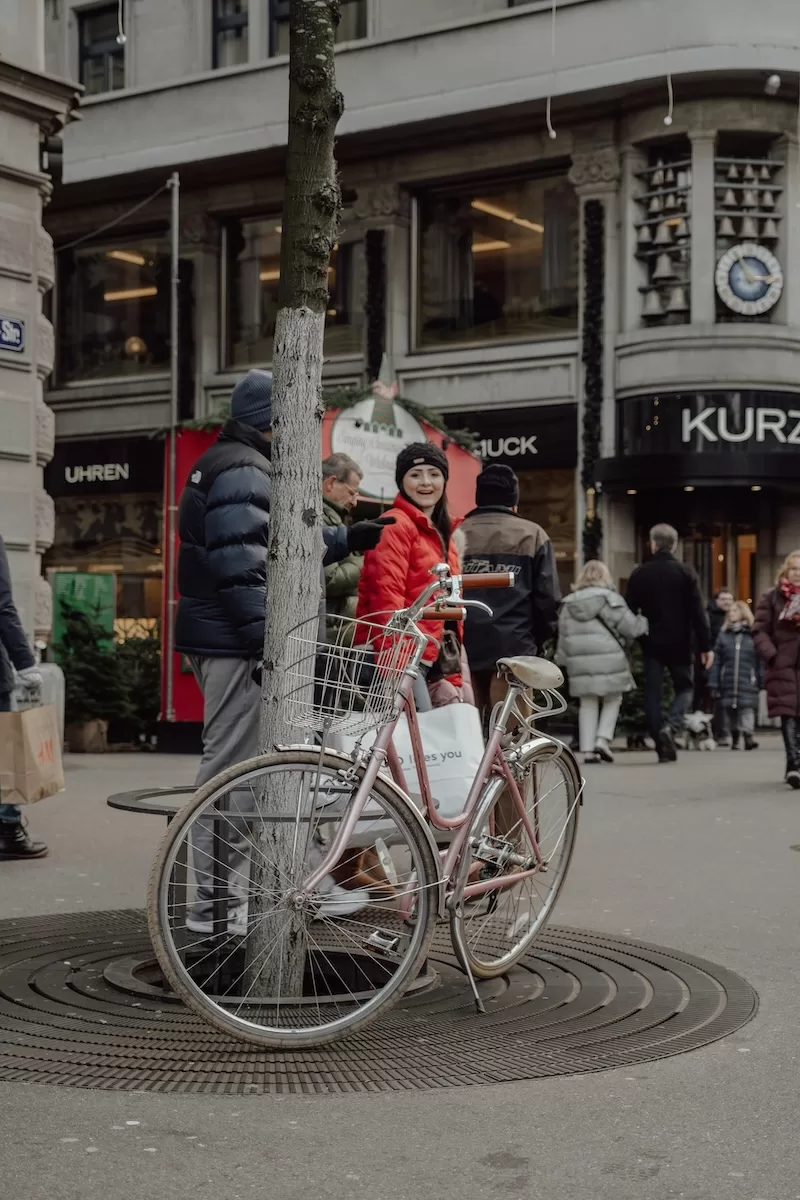
Trust and Governance
Switzerland’s unique model of direct democracy plays a substantial role in Zurich’s high levels of public trust. Local residents vote regularly on issues ranging from taxation to infrastructure development. This level of participation breeds both transparency and accountability.
Zurich’s municipal government is among the most fiscally conservative in Europe—not in ideology, but in principle. Budgets are balanced, investments are forward-looking, and public institutions operate with high efficiency.
Lukas Reinhardt, a senior urban policy analyst at ETH Zurich, put it simply: “When people trust their institutions to work for them—not against them—daily life becomes lighter. In Zurich, that trust is built not on rhetoric, but on delivery.”
There is also little tolerance for bureaucratic dysfunction. According to the ETH Zurich Governance Report (2024), 79% of residents rate the responsiveness of local government as “excellent.” That includes services like licensing, waste management, and public housing applications—processes that can stall urban wellbeing elsewhere. The predictability and competence of public systems play a key role in reducing day-to-day stress, a factor often under-examined in happiness studies.
A City That Moves Smartly
Zurich’s public transportation system is not only extensive but admired globally for its precision and reliability. It includes an integrated network of trams, buses, regional trains, and even lake ferries.
In 2024, the Zurich Transport Authority (VBZ) reported a 99.2% on-time arrival rate for trams and buses. This is not a statistical anomaly—it is a reflection of cultural expectations and municipal investment.
Citizens can traverse the city without needing a car, which reduces emissions, minimizes congestion, and contributes to Zurich’s quiet urban environment. In fact, more than 65% of Zurich households do not own a private vehicle.
Zurich’s public transportation system is not only extensive but admired globally for its precision and reliability.
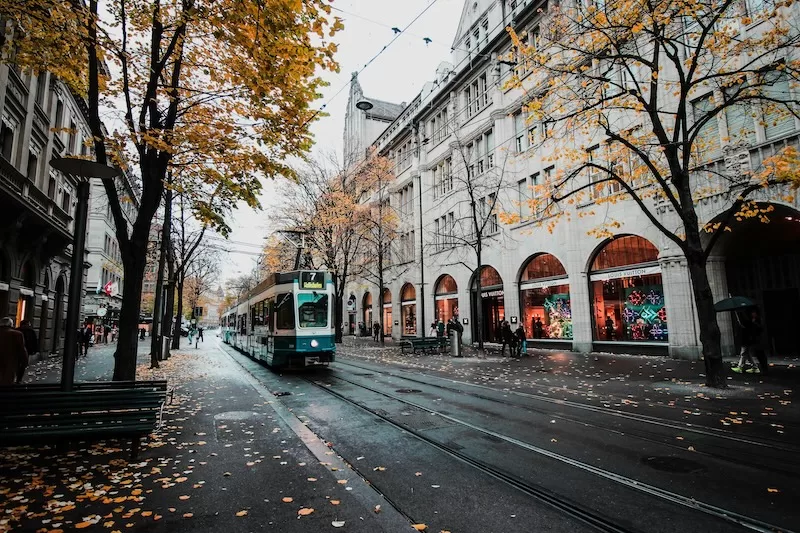
Green Infrastructure, Sustainable Living in Zurich
Zurich is a city of planners—and the plan includes nature. More than 40% of the city is composed of parks, lakeshores, urban forests, and green public space. Lake Zurich, situated at the city’s center, is a recreational haven with swimmable water quality certified by national environmental agencies.
There are more than 1,200 public fountains in Zurich, all offering safe drinking water. The city’s air quality consistently ranks among the best of any European metropolitan area, and it is on track to meet its 2040 carbon neutrality target ahead of schedule. Zurich is not unique in valuing green space—but it is unique in executing that value with engineering precision.
Read more like this: The Rise of Noctourism
Things to Do in Zurich
Zurich is a dream destination for nature lovers — a city that perfectly blends urban energy with serene outdoor escapes.
Here are some of the best things to do in Zurich to enjoy:
- Lake Zurich: Great for swimming, boating, and lakeside picnics in the warmer months.
- Swiss Alps: Just a short train ride away for hiking and skiing year-round.
- Uetliberg Mountain: Offers stunning views and scenic hiking trails.
- City Parks: Zurich has plenty of green spaces for relaxing, jogging, or enjoying a peaceful afternoon outdoors.
These outdoor experiences are just a few of the unforgettable things to do in Zurich for nature lovers and active travelers alike.
Work-Life Integration
Zurich’s employment culture favors structure, efficiency, and output over long hours. The average full-time workweek is 41.2 hours. Workers are encouraged to take their full quota of vacation time—often five to six weeks—and to disconnect completely during off-hours.
Shops close early. Business emails pause on evenings and weekends. And while this might seem counterproductive to outsiders, Switzerland’s GDP per hour worked ranks among the top globally.
Zurich companies emphasize trust-based working models, giving employees greater autonomy over when and where they complete their tasks. This flexibility has been shown to increase retention and lower burnout, contributing to Zurich’s sustained high marks in wellbeing indexes.

Zurich has one of the lowest crime rates among global cities of comparable size. The Swiss Federal Office of Police reports a steady decline in violent and property crimes since 2015. In 2024, there were only 0.5 homicides per 100,000 people—a figure dramatically lower than the European average.
Children travel independently on public transport. Women walk home alone at night. Public schoolyards remain unlocked. This isn’t utopian; it is the outcome of civic investment and cultural norms centered on mutual respect.
“What you see in Zurich isn’t luck or utopia,” said Anika Schmid, Director of Social Resilience Studies at the University of Geneva. “It’s decades of intentional design—civic, cultural, and infrastructural—working together to create a society where people genuinely feel safe and seen.”
Social cohesion is further enhanced by Zurich’s multicultural fabric. Roughly 32% of residents are non-Swiss nationals, and city policy explicitly supports multilingual services, cultural events, and integration programs. Diversity is managed not with slogans but with services.
Children travel independently on public transport. Women walk home alone at night. Public schoolyards remain unlocked. This isn’t utopian; it is the outcome of civic investment and cultural norms centered on mutual respect.
What Zurich Is—and Isn’t
Zurich is not a city of extremes. It doesn’t cater to spontaneity, can be expensive, and at times feels reserved. Nightlife is measured, not manic. Customer service can be efficient to the point of seeming cold.
But for those who value consistency, cleanliness, and a high degree of personal freedom within a well-functioning system, Zurich offers an unparalleled quality of life. Its happiness is not emotional—it is engineered. It does not manifest as festival energy or social spectacle. It shows up in clean sidewalks, silent trams, functioning bureaucracy, and civic ease.
Cost of Living in Zurich
One of the most notable challenges of settling in Zurich is its high cost of living. Regularly ranked among the world’s most expensive cities, Zurich requires careful financial planning — especially for newcomers.
Key Financial Considerations:
Housing Costs:
Renting in Zurich, particularly in central neighborhoods, can be quite expensive and may consume a large portion of your income. However, solutions like Blueground’s fully furnished apartments can simplify the process. With flexible rental terms and search filters, it’s easier to find reasonably priced, ready-to-move-in homes.
Everyday Expenses:
Essentials such as groceries, public transport, dining out, and healthcare services come at a premium. While Zurich offers high average salaries, managing your budget wisely is essential to enjoy a balanced and stress-free lifestyle.
Read more like this: How to Build Wealth While Living Overseas
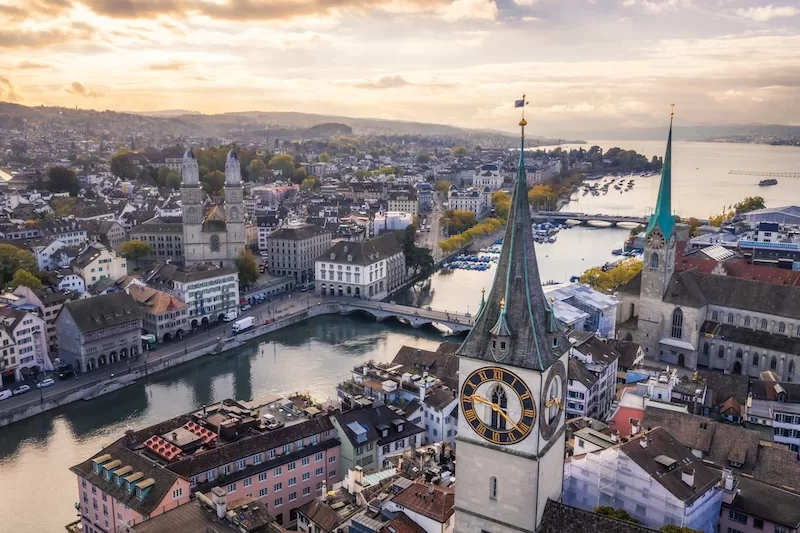
The Measured Happiness of Zurich
Zurich stands as a testament to what cities can achieve when they prioritize wellbeing not as a trend but as a structural goal. Through good governance, public trust, and intelligent planning, the city has created an ecosystem where life can be lived without unnecessary friction.
In an era of rising urban chaos and burnout, Zurich offers a quieter model of success—one that values health over hype, planning over spectacle, and calm over chaos. It may not be for everyone, but for those who seek a life rooted in balance and predictability, Zurich might just be the happiest place on earth.
“In an era of rising urban chaos and burnout, Zurich offers a quieter model of success—one that values health over hype, planning over spectacle, and calm over chaos.”
About the Author
Cynthia Weiss is a scientist by training and writer by passion. She specializes in the intersection of public policy, data, and human wellbeing.
Contact Author
"*" indicates required fields
Stay Ahead on Every Adventure!
Stay updated with the World News on Escape Artist. Get all the travel news, international destinations, expat living, moving abroad, Lifestyle Tips, and digital nomad opportunities. Your next journey starts here—don’t miss a moment! Subscribe Now!
